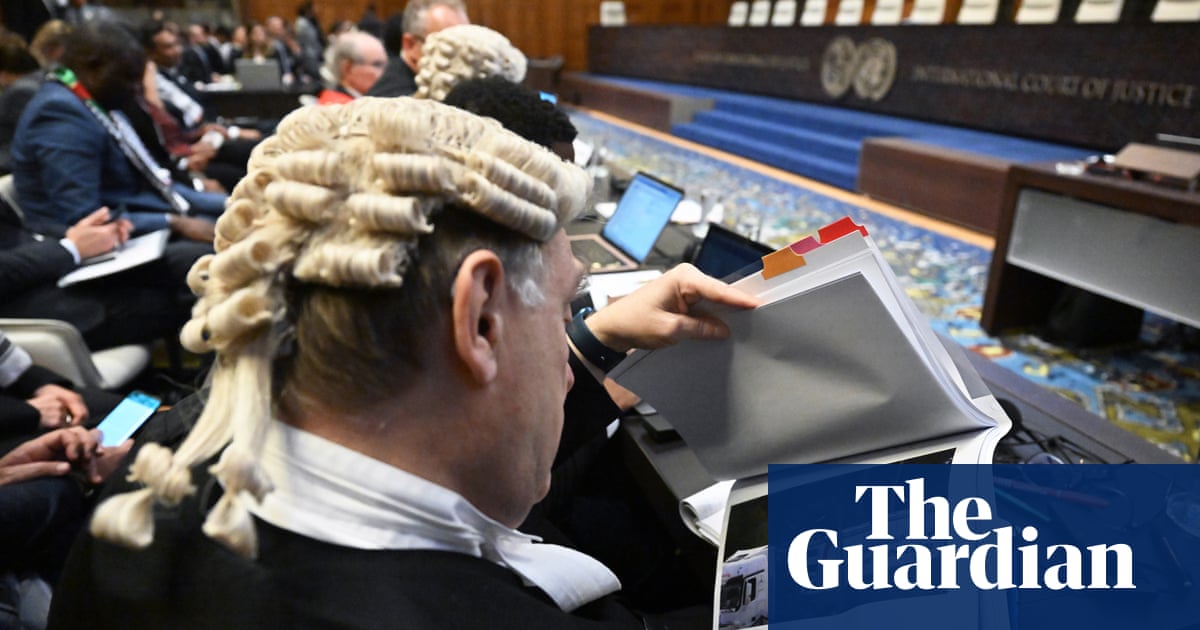
The long-awaited review of Britain’s rail industry has been published by the government, with the creation of a new Great British Railways promising a simpler, more accountable system.
What is Great British Railways?
The rail industry will be overseen by an arm’s-length public sector body, accountable to ministers, but running all aspects of the railway. GBR will subsume Network Rail, which currently manages Britain’s rail infrastructure – the track, signalling, and the biggest stations. It will also be in charge of issuing contracts to train operators, setting timetables and managing ticketing and revenue.
Will rail services still be operated by private companies?
Yes: although franchises have been abolished, new contracts are primarily aimed at private firms who will compete to run trains. Instead of a firm having to calculate its expected costs and revenue and then decide how much money it would pay, or subsidy it would need, as under the failed franchise model, the firms will be paid a fixed fee with bonuses for performance on criteria such as punctuality – mirroring the system used in London for the capital’s Overground trains. The transport secretary, Grant Shapps, said that the state-owned operator of last resort – which currently runs LNER and Northern – would still exist and could run services.
What will happen to fares?
In terms of how fares are paid, passengers have been told to expect more contactless and integrated ticketing nationwide, along the model of London. New season tickets will be launched aimed at part-time commuters, although the savings for rail users appear marginal for now.
How much passengers will pay is harder to say. Indeed, the transport secretary refused to rule out fare rises in years to come, which possibly suggests that the head of Great British Railways, rather than ministers, might be in the firing line for commuter anger over annual increases in future. Certainly GBR will be given the power to set most individual fares, according to the white paper, but within a framework agreed by ministers. Ultimately, the level of fares will depend on how much subsidy the government is prepared to pay.
Will there be less taxpayer support for rail?
The government says it has spent £12bn supporting rail during the pandemic, when most of the revenue from fare-paying passengers disappeared – and that figure is unsustainable. However, Shapps said the government is committed to rail – and the cost to the taxpayer is unlikely to reduce below the more normal £4bn annual subsidy for some years. Raising fares to cover the shortfall would deter recovery even more, although the industry is resigned to lower passenger numbers due to changing work patterns. For that reason, the government is determined to hammer down costs. It hopes that the new structure alone will save £1.5bn in efficiencies, with wages and productivity also under scrutiny.
Will there be fewer train services under the new structure?
Probably not significantly. Although, with the track and train operators under one roof, GBR might well decide that a sparser but more reliable and punctual schedule is preferable to a packed timetable, while capacity allows.
What does it mean for Scotland, Wales and Northern Ireland?
Transport in Scotland and Wales is technically devolved – and yet Network Rail owns their rail assets. (Northern Ireland is completely separate.) The SNP says that Scotland, despite its ruling party declaring the ScotRail franchise would be nationalised, has not been consulted over the reform. The white paper says that the government “will explore options with Transport Scotland to enable the railway in Scotland to benefit from the reforms”. An agreement also needs to be negotiated with Wales too.












